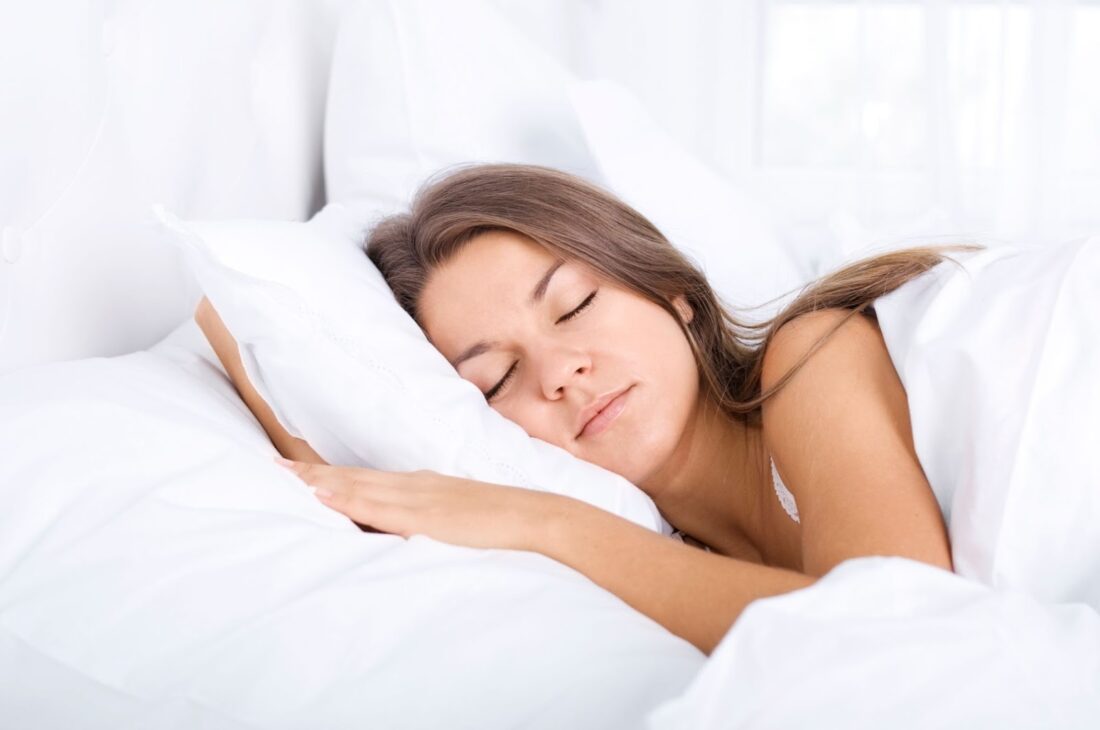
Sleep is an essential part of our overall health and well-being. It gives our body much-needed rest, renews our energy and plays a critical role in our cognitive function. But did you know that a good night’s sleep is also fundamental to our eye health? Yes, you heard it right. Even your peepers need their fair share of rest. The next time you search for an “eye test near me,” it might be worthwhile asking about the link between sleep and eye health.
The Connection Between Sleep and Eye Health
Just like any other part of our body, our eyes need adequate rest to function correctly. They are one of the most hardworking organs in the human body. During our waking hours, they constantly process visual information, adjust to the light, and shift focus from one object to another. All these tasks exert a significant amount of stress on our eyes. Also, having proper prescription eyeglasses from somewhere you trust, like GlassesShop, for your eye care is a must.
When we sleep, our eyes get a break from the constant exposure to light and the stress of focusing. This rest helps rejuvenate the eye’s cornea and other tissues, helping to maintain optimal eye health and vision. Inadequate sleep can disrupt this essential process and lead to various eye problems.
Understanding the Impact of Poor Sleep on Eye Health
Poor sleep or sleep deprivation can have several adverse effects on your eyes. It can lead to:
1. Dry Eyes: Lack of sufficient sleep can result in dry eyes. Dry eyes are uncomfortable, causing a burning or stinging sensation, redness, and sometimes blurred vision.
2. Eye Strain: Without enough rest, the eyes can become strained and fatigued, leading to discomfort, difficulty focusing, and sensitivity to light.
3. Eye Twitching: Sleep deprivation can often lead to eye twitching, also known as myokymia. This involuntary spasm of the eyelid can be annoying and distressing.
4. Vision Problems: Long-term lack of sleep can even lead to more severe vision problems, such as glaucoma, which is a condition that damages the optic nerve.
Sleep as a Promoter of Good Eye Health
Getting a good night’s sleep can do wonders for your eyes. Adequate sleep promotes a healthier visual system by allowing your eyes to rest, repair, and recover.
1. Ensures Proper Tear Secretion: During sleep, your eyes rejuvenate the tear layer, which keeps them moist and lubricated. This helps prevent dry eyes and maintains clear vision.
2. Promotes Cell Regeneration: Sleep allows for the repair and regeneration of cells in the eye, particularly in the cornea.
3. Supports Eye Pressure Regulation: Adequate sleep regulates intraocular pressure, reducing the risk of glaucoma and other eye diseases.
4. Reduces Eye Strain: Regular good quality sleep helps reduce eye strain caused by prolonged use of screens, reading, and other visual tasks.
Tips for Better Sleep for Enhanced Eye Health
To reap the eye health benefits of good sleep, consider implementing these tips into your routine:
1. Maintain a Regular Sleep Schedule: Consistency is key. Try to go to bed and wake up at the same time every day.
2. Create a Restful Environment: Make your sleeping environment quiet, dark, and cool.
3. Limit Screen Time Before Bed: Exposure to blue light from screens can interfere with your sleep. Try to switch off electronic devices at least an hour before bedtime.
4. Follow a Healthy Lifestyle: Regular exercise, a balanced diet, and avoiding caffeine and alcohol before bedtime can improve sleep quality.
Conclusion
Good eye health is closely linked to the sleep quality we get each night. Poor sleep patterns or lack of adequate sleep can lead to various eye health issues, from mild, like dry eyes and eye strain to more severe, such as glaucoma. Conversely, good quality sleep helps restore and regenerate our eyes, supporting good vision and overall eye health.
The eyes, often considered the window to the soul, also act as a mirror to our overall health. Ignoring the signs of sleep deprivation in our eyes could lead to long-term damage that may not be easily reversible. It’s, therefore, imperative to prioritise sleep as part of our eye care routine, just as we would maintain a balanced diet or regularly visit an optometrist.




